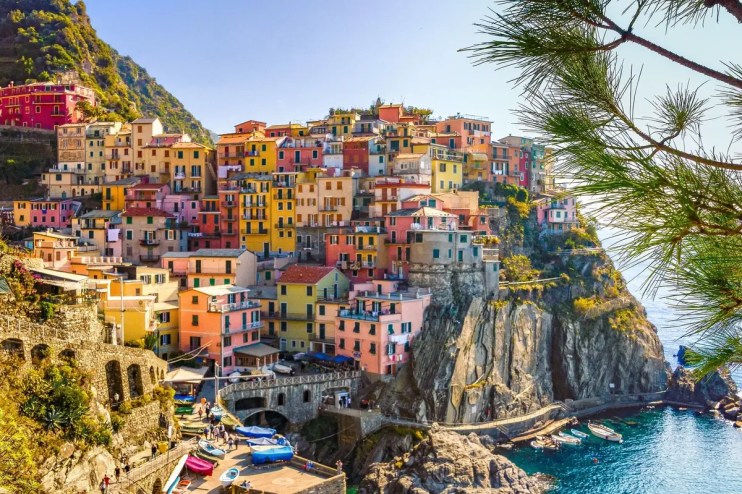Non-doms head to Italy in search of sun, scenery, and lax taxes

Changes to the tax status of non-domiciled residents of the UK – non-doms – has been the subject of much scrutiny recently.
Both sides of the political divide have been pro tightening the rules, while analysts warned it will drive investment out of the UK.
However, there has been a clear surge in non-doms looking to leave the UK due to the more stringent tax rules.
While France and the US may have seemed like obvious choices, political uncertainty has made them less attractive to those looking to relocate.
Now, it appears that non-doms are heading to Italy, attracted by the country’s flat tax scheme and ‘golden visa’, which lets holders travel freely in the Schengen area.
Italy’s “generous tax incentives for new arrivals” will “attract the wealthy and hurt London,” super prime agent Trevor Kearney, founder of The Private Office: Real Estate said. “Italy is the ultimate popular destination that they have their eyes on.”
Alessandro Belluzo, a wealth advisor and expert on non-dom policy, says his clients are “more British than European at the moment” as the country’s wealthy look to escape.
Belluzo has seen an increase in non-doms looking to leave the UK since Brexit, with Covid and recent changes to non-dom status providing further boosts.
“[Policy changes are] scaring people… [The government] need to create a positive narrative, especially for people coming from Europe,” he said. “The UK used to be the most attractive country in Europe for non-doms [and now] the majority of Europeans are relocating somewhere else.”
Along with Italy, Switzerland and the UAE are the most attractive destinations for non-doms.
Italian perks
It’s not just the food, views and sun that have been attracting those looking to relocate from the UK.
Italy offers a flat tax rate of €100,000 (£84,000) per year for people looking to settle in the country and a ‘golden visa’.
The visa, introduced in 2017 to boost foreign direct investment, offers non-EU nationals an opportunity to get a residence visa – which includes travel within the Schengen area – in exchange for an investment in Italy.
“It’s available to everyone,” Belluzo said. He was part of the team putting Italy’s non-dom policy together: “We tried to implement everything we thought was good about the UK regime and add to it.”
Italy has challenges, too: lack of housing coupled with high demand makes it hard to find a home, for example.
But despite the issues, “non-doms are still going to favour lucrative tax regimes and that’s something UK will feel the impact of,” Kearney said.
“When told that the flat sum annual tax rate was only €100,000 one of my UHNW non-oms commented: That’s about what I pay my UK accountants every year to do my UK returns,” David Lesperance, founder at wealth advisory, Lesperance & Associates said.
“With no compliance costs and not having to think about whether something is a deductible expense, the simplicity of the Italian lump sum offering is readily apparent… In addition, as there is a tax treaty between Italy and the UK – frequent visitors to the UK can take a tax treaty position to overcome the Statutory Residence Test,” Lesperance said.
Not too late for London
Belluzo thinks that people would be prepared to pay up to £300,000 a year in a flat tax scheme to stay in the UK as non-doms.
Labour’s non-dom policy, which will make wealthy foreigners based in the UK pay inheritance tax on all their international assets, will only push non-doms further far afield, he said. “Sure, scrap the old-dom concept, but implement a new one.”
Otherwise, “you will deflate the attraction of the UK, and deflate investment.”
